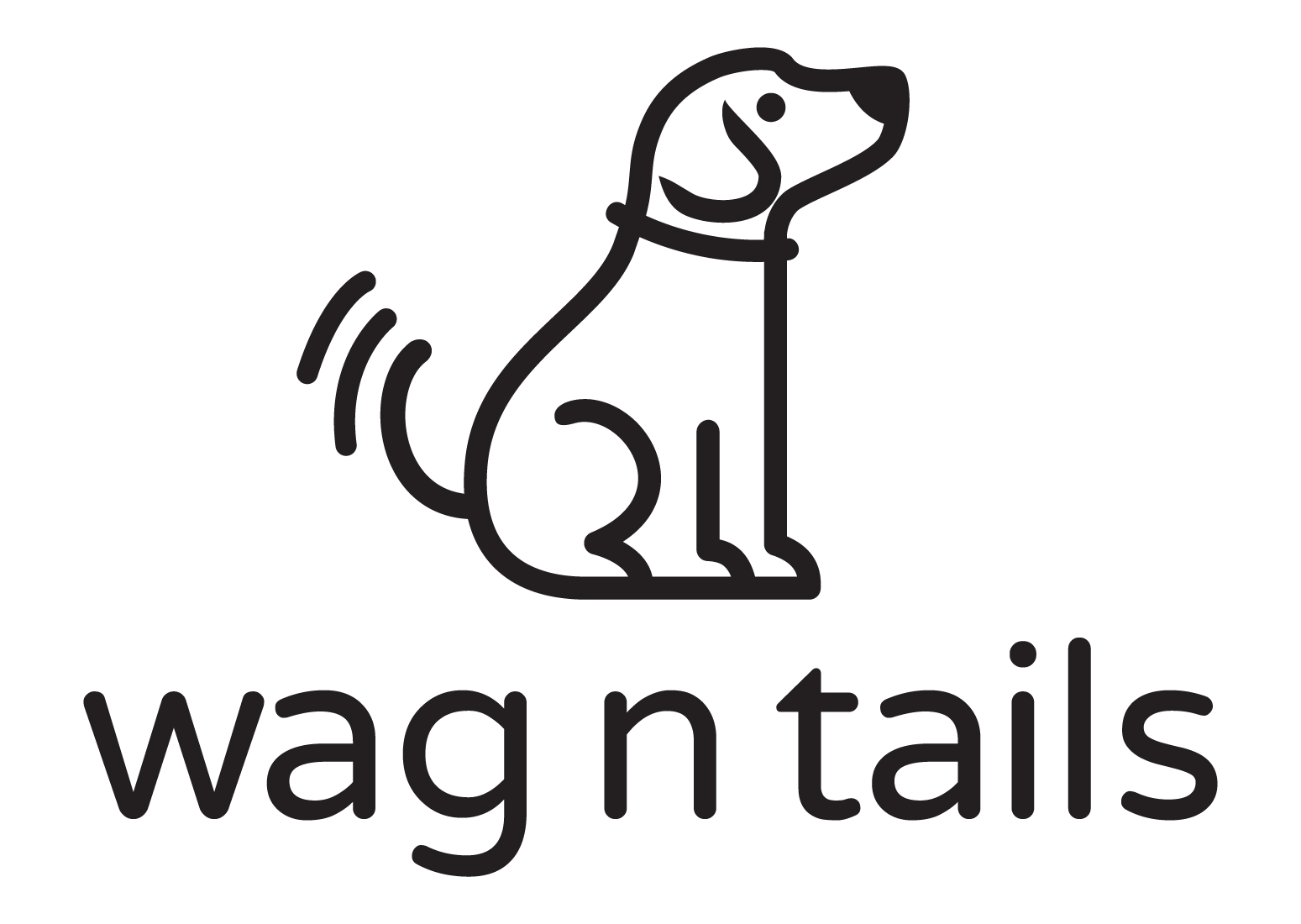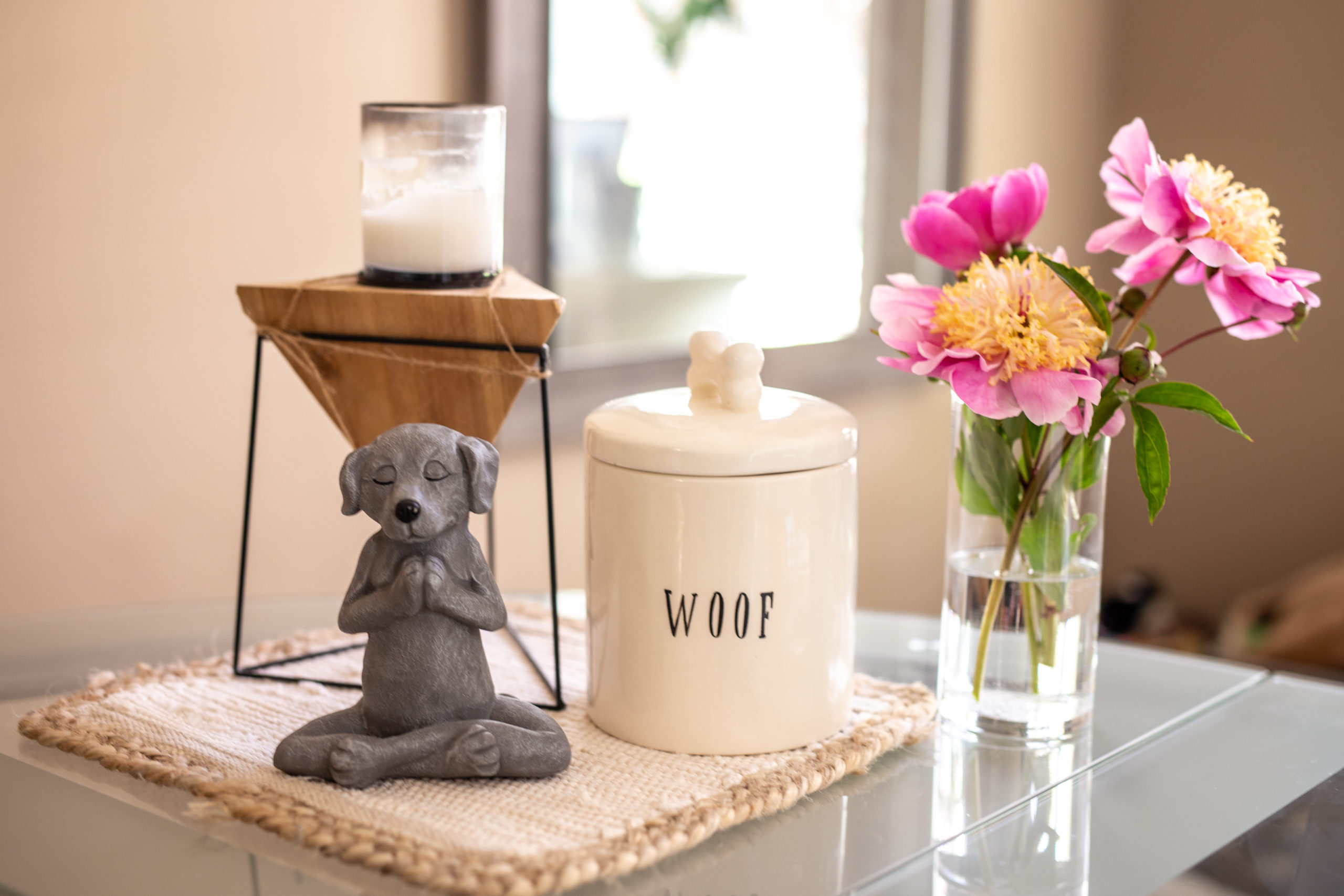Why Communication is Key
Communication is key for a successful relationship when finding a life long care provider for your dog. As caregivers, we are counting on you, the pet parent to speak on your dog’s behalf and your dog is counting on you too! Dogs can’t talk, so if they could speak using words, what would be said? Here are a few things to keep in mind when your pet is under the supervision or care of any professional.
Remember, one of your ultimate goals is to find a caregiver who will be able to ebb and flow with your dog’s changing needs as he or she begins to develop and age. These tips apply when communicating to your veterinarian, groomer, pet sitter, educator, dog walker, or pet sitter.
Remember, you are a partner with your care provider! The only way you can determine what type of care, service, product, medicine, food or even hair brush is best for your dog is when you are using patient, honest and thorough communication. Most especially concerning a loving family member that can’t speak for themselves!
1. Jot down notes
Life is busy! Keep track of things you think we should know. Loss of appetite, loose stool, excessive shedding, licking, or limping. Anything physical or behavioral we need to know! If you don’t write down the change, you may either forget or just become accustomed to the difference in behavior at home. Then, the noticeable change never gets mentioned and could be missed by your care provider without your assistance.
2. Tell us about changes in your routine
The simplest changes at home can affect your pet. Did the kids go back to school? Recent divorce? Recent move? These types of differences can affect your pet physically such as noticeable differences in their coat, or digestive system not to mention the behavioral effects such as chewing, digging, or possibly an increase in barking. Be sure we know about big changes at home.
3. Multiple Caregivers
Some pet parents have more than one care provider. That’s ok, we get it! Some veterinarians are seen for one specialty, while others are routinely visited for routine care. Some of our clients regularly travel and have a boarding center they might use out of state while they use us when traveling from Michigan. We will sometimes share notes with their boarding centers out of state regarding the pets care. For training, consistency is crucial for success, so open communication between educators is critical, especially if you recently moved or made a change in your training methods. Same with grooming. If your groomer was using one particular product, and then you switch to a new salon, a simple product change can bring on unexpected itching or shedding. Always be open and honest when you use multiple caregivers or if/when you are switching to or from another.
Your goal is to find caregivers you can count on for the life of your pet. Through the ups, downs bumps, lumps, good times, and bad. This is life! Having open, honest communication as your pet ages and changes is so important. Your caregiver will appreciate you for this and your dog will love you for it!
[author] [author_image timthumb=’on’]https://wagntails.net/wp-content/uploads/2020/02/author-image.png[/author_image] [author_info]About the Author Christine Fox, APDT, CTDI and a Pet Sitters International member, is the founder of Wag ‘N’ Tails Dog Activity Center with two locations in Michigan. She has been involved with many pet dog trainer certification initiatives, all based on learning techniques that involve humane practices and the latest in scientific research. Christine also raised a service dog for Paws With a Cause and plans to train her newest pup in therapy work. Through her work with dogs and their parents, Christine has developed many happy and healthy relationships with both humans and dogs in the community.[/author_info] [/author]





